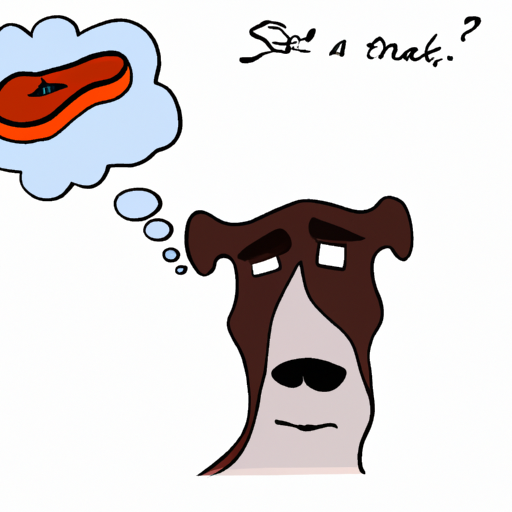As a caregiver, you have likely noticed some strange behaviors in your furry friend. One of the most puzzling might be why dogs eat rocks. Let’s dive deep into this peculiar canine behavior.
1. Understanding Canine Behavior
Understanding canine behavior might seem like an uphill battle. You might wonder why your dog, who has perfectly good food in its bowl, would choose to eat rocks instead. Remember, dogs don’t perceive the world like humans. They explore their environment through their senses, especially smell and taste.
- They could be attracted to the scent on the rock.
- They might be bored and looking for something to do.
- They could be trying to get your attention.
2. Pica: The Eating Disorder in Dogs
Pica is a condition that compels dogs to eat non-food items. Here’s a brief table that explains more about pica:
| Pica in Dogs | Explanation |
|---|---|
| What it is | An eating disorder that leads to the consumption of non-food items. |
| Causes | Nutritional deficiencies, stress, boredom, or underlying medical conditions. |
| Treatment | Depends on the cause. Can include dietary changes, increased exercise, and behavior modification techniques. |
3. The Dangers of Eating Rocks
Eating rocks can lead to severe health complications for your pet, such as:
- Broken Teeth: Rocks can break or damage your dog’s teeth.
- Choking: Small rocks can get lodged in your dog’s throat.
- Internal Injury: Sharp rocks can cut your dog’s internal organs.
- Blockages: Large rocks can cause blockages in the digestive tract.
4. Preventing Your Dog from Eating Rocks
Preventing your dog from eating rocks involves several strategies:
- Provide a Balanced Diet: Ensure your dog is getting all the necessary nutrients to curb any nutritional deficiencies.
- Increase Exercise: Regular physical activity can help reduce boredom and anxiety.
- Behavior Modification: Train your dog to leave rocks alone using positive reinforcement techniques.
- Supervise Outdoor Time: Keep a close eye on your dog when they are outside.
5. When to Seek Veterinary Help
If you notice your dog persistently eating rocks, it’s time to seek professional help. A vet can rule out any underlying medical conditions and provide appropriate treatment.
Frequently Asked Questions
Q: Can eating rocks be a sign of a serious health issue?
A: Yes, persistent rock eating can indicate health problems like pica or gastrointestinal issues.
Q: How can I train my dog to stop eating rocks?
A: Use positive reinforcement. Reward your dog for leaving rocks alone and gradually increase the challenge.
Q: What should I do if my dog has swallowed a rock?
A: Seek immediate veterinary assistance. Swallowed rocks can cause serious internal injuries.
Remember, as a caregiver, your dog’s health and well-being is in your hands. Stay observant, stay informed, and your furry friend will thank you.



